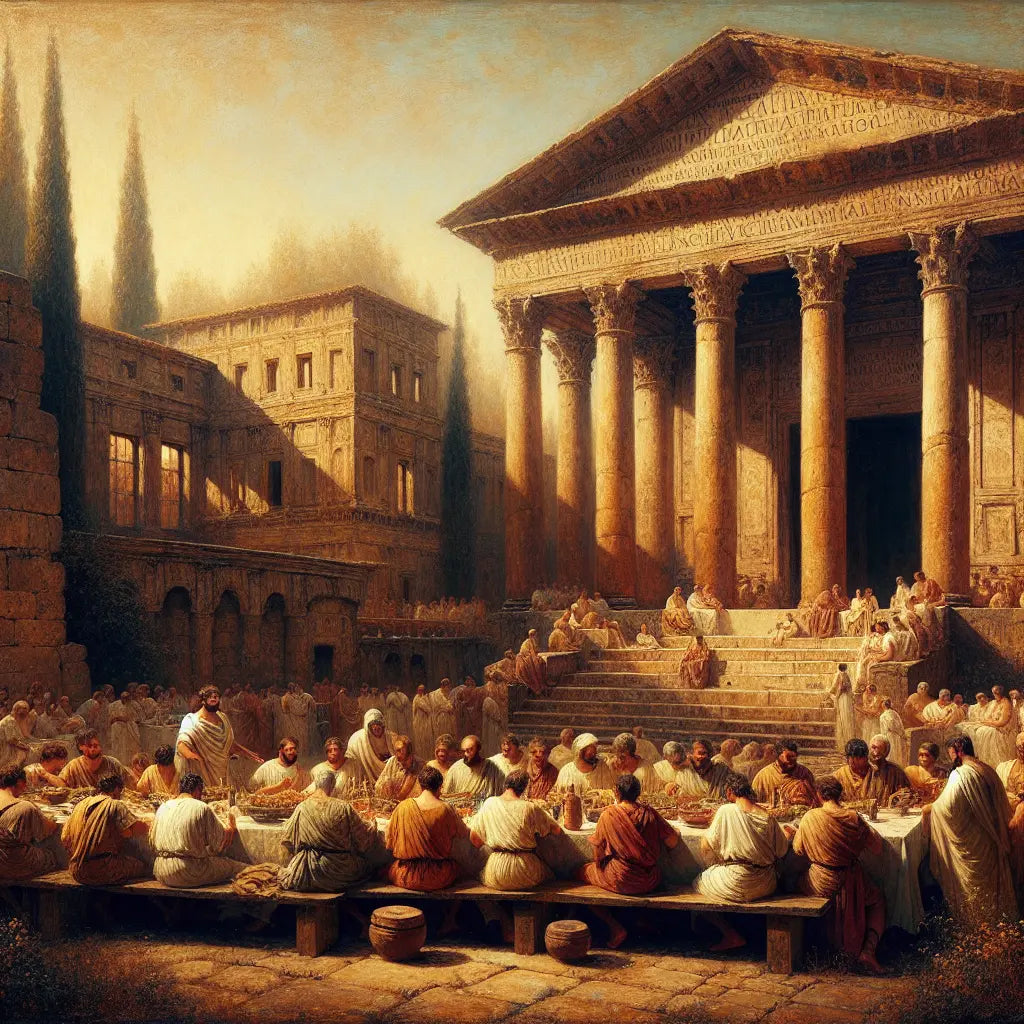
What is the Origin of the Word German? Discovering its Deep Linguistic Roots
Have you ever stopped to wonder where the word German comes from? At first, it seems simple1 its the name of one of Europes most well-known countries and its people. But if you look a little closer, youll find a fascinating story that stretches back to ancient Rome, full of family ties and even a surprising link to the word germane. Let me explain.
The Latin Root: Germanus and the Bonds of Family
The origin of the word German is surprisingly connected to the Latin adjective germanus. But this Latin word didnt originally describe a nation or ethnic group. Instead, it meant siblings with the same parents or father. Imagine the ancient Roman family table, where this word was used to show closeness, shared blood, and identity among family members.
The latin root germanus carries a lovely idea: its about family connections, things that are related or relevant. From this root, we get not only the English noun German, but also the adjective germane1which means something relevant or closely connected to the topic at hand.
Isnt it fascinating how family and relevance come together in language? Thats the magic of etymologyit reveals how our ancestors understood the world, and how those thoughts still quietly shape our communication today.
Linguistic Cousins: Romance Languages and the Family Theme
This idea of family isnt just in Latin. Romance languages like Spanish and Catalan also have words that come from germanus and carry meanings linked to siblings or close relatives. For example, in Spanish, germano means brother or sibling.
This shows how deeply familial terms latin are rooted in many modern languages. These words carry a sense of belonging and identity that has been valued and handed down through the centuries.
The Surprising Difference: German the Word vs. Germany the Country
Now, you might wonder, Does the English noun German, meaning someone from Germany, come from this Latin germanus?
Heres the twist: the origin of german word relating to the country and its people is actually separate from that Latin root. The name Germany comes from the Latin Germania, a term the Romans used to describe the region beyond the Rhine River, home to tribes they called the Germans.
This difference is important. The german meaning linked to germane and family closeness stands apart from the ethnonym that refers to a place and group of people.
Why Does This Matter? A Closer Look at Language Etymology German
Understanding these separate meanings shows us the rich history behind language evolution. Its a clear example of how similar-sounding words can have very different stories. It also helps us see how language records human relationshipsnot just between people but between ideas.
Next time you hear germane, remember its Latin family roots meaning closely related. Its almost like the word is inviting you into a circle of trust, relevance, and connection.
A Cultural Side Note: The Power of Names and Identity
Words carry more than definitionsthey hold feelings and identities. The double life of German shows this perfectly: one root speaks of family connection, the other points to national identity.
This layered history reflects how culture shapes our ideas about kinship and how we label the other. The etymology of German opens a door to exploring not just language but also the centuries-old mix of culture, identity, and belonging.
Bringing It All Together: Family, Language, and History
So, what can we take away? The latin root germanus reminds us that some words carry emotional weight, linking us across time to ideas of family and closeness. Meanwhile, the name Germany speaks more to history and place than to family bonds.
The study of language etymology german teaches us that words tell living stories. They hold history and human experience, just waiting to be uncovered. Whether you love languages or are simply curious about the words you use every day, tracing the origin of german word is a fascinating journey into the links between language, culture, and identity.
Curious to explore a bit of northern Europes rich past? This Viking Longship Enamel Pin captures the spirit of rugged journeys and ancient tales, a perfect keepsake for history lovers.

Check it out here: https://signumstore.com/products/viking-longship-enamel-pin-sail-shield
Next time you say germane or think about German in its different meanings, remember this hidden storya linguistic tapestry woven from family ties, historical names, and centuries of cultural change. Words are more than just sounds; they are the threads that connect our shared human story.
What is the Latin root of the word German?
The Latin root of the word German is "germanus," which originally meant siblings sharing the same parents, emphasizing family bonds rather than nationality.
Does the English word German come from the Latin root "germanus"?
No, the English noun "German" referring to someone from Germany comes from the Latin term "Germania," used by Romans for the region and its tribes, separate from the Latin adjective "germanus."
What does the word germane mean and how is it related?
The word germane is an English adjective meaning something relevant or closely connected to the topic at hand, derived from the Latin root "germanus," linking back to the idea of family connection and closeness.

